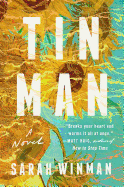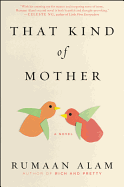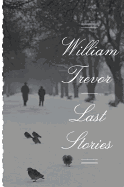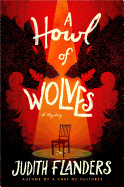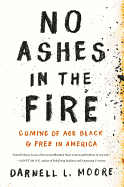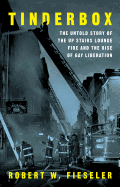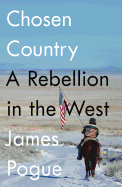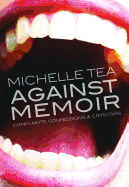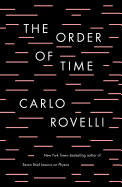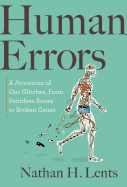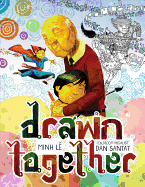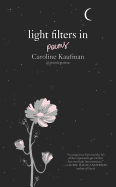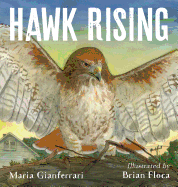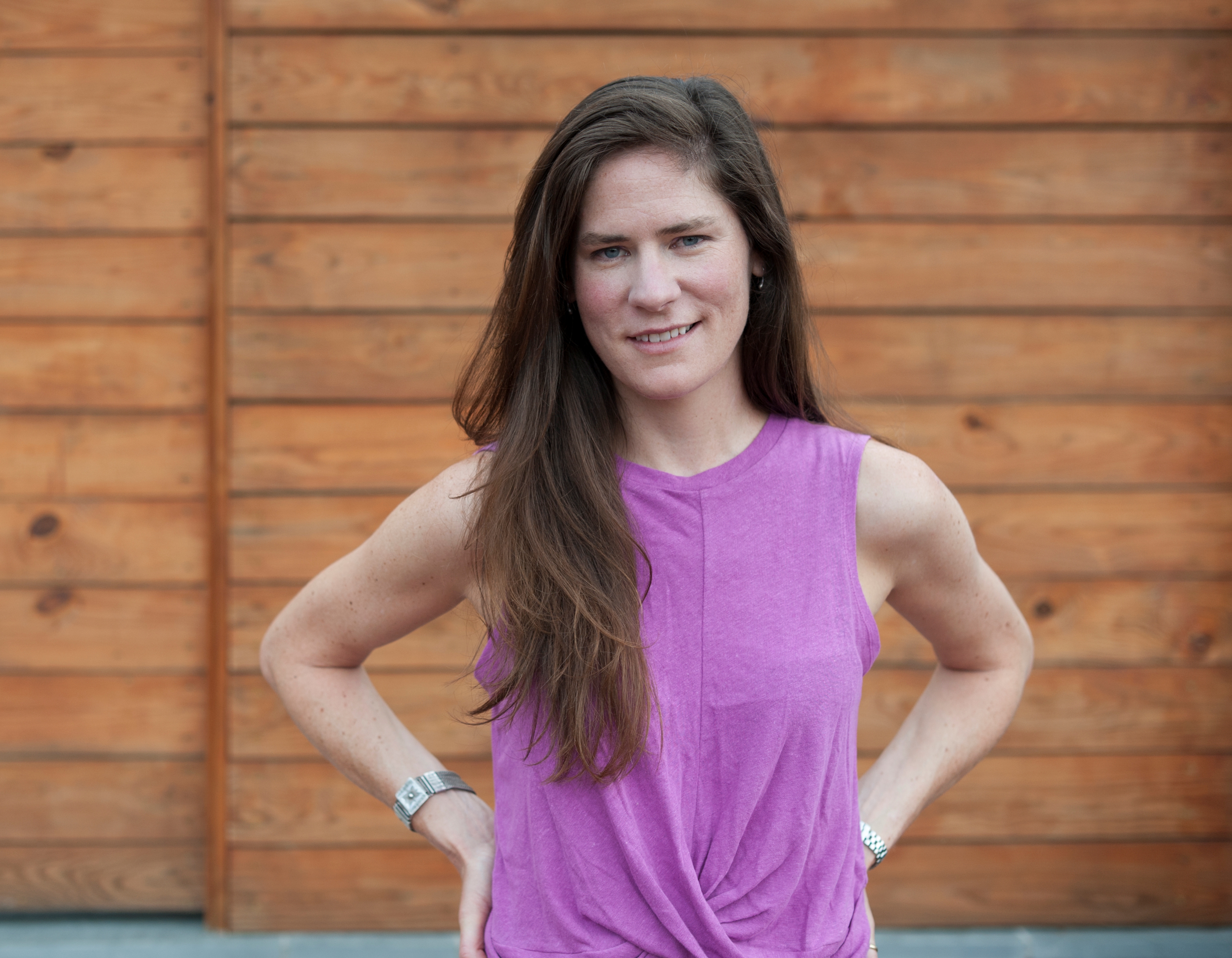 |
| photo: Jenn Harris |
Hannah Pittard is the author of four novels, including Listen to Me, a New York Times Editors' Choice. She received the 2006 Amanda Davis Highwire Fiction Award, was a MacDowell Colony Fellow and is a consulting editor for Narrative magazine. She directs the MFA creative writing program at the University of Kentucky, where she is an assistant professor.
You were born in Atlanta and you dedicate Visible Empire to your mother, who told you about the plane crash. Did your family have personal connections to the tragedy?
Although we were lucky enough not to have any immediate personal connections, I grew up hearing stories from my parents about how the city changed, practically overnight, because of the crash and its aftermath. My mother was 13 when it happened. My father, on the other hand, was 20 and knew many people who lost both parents. From the time I realized I was a storyteller, I knew this was a story that was meant to be told.
What made you decide that now was the right time?
I didn't think I was ready until finishing my third novel [Listen to Me], yet I had been thinking about this story as a potential novel for years. It was probably a combination of confidence and comfort--and the times we are currently living in made this story feel more relevant.
It is extremely relevant. Even though Visible Empire is set in 1962, you explore themes and issues that could be from today's headlines.
I've always been fascinated by the timing of this terrible, tragic historical incident--which I certainly wish never occurred at all, obviously. But because it happened in 1962 and not 1968, the full-scale gender and racial revolutions of our time had not yet happened. They were coming. We have the benefit of that knowledge now, in hindsight. The crash left behind a community scrambling to comprehend a large-scale loss during a moment of incipient racial, sexual and cultural change in America and that's why I think the issues in the book are relevant to what's happening now. I wanted to be as faithful as possible to 1962 but I also wanted to write a book that speaks to our time.
The title, Visible Empire, seems to refer to the nature of secrets. No matter how much we think something is hidden, it will always be discovered. It's also a reference to the Ku Klux Klan--a character discovers a relative's hidden membership card with the words "invisible empire."
The full name of the Klan ("The Invisible Empire of the Knights of the Ku Klux Klan") nods at unseen power that is deadly and potent because of its very invisibility. My title invites the reader to question our responsibility to power we can see but choose to ignore because it is so ingrained in our way of thinking and seeing.
One of the most profound moments I had while writing this book was in connection with the two quotes I use as epigraphs. Personally devastated by the disaster, Mayor Ivan Allen said that "Atlanta has suffered her greatest tragedy and loss." Not even an hour after I read that, I came across Malcolm X's statement where he essentially calls on God to do it again by saying "we hope that every day another plane falls out of the sky." The world was suddenly paying attention to Atlanta because of an incident involving the loss of 121 white Atlantans when they hadn't been noticing the South's legalized racism or the city's burgeoning civil rights movement. The treatment of African Americans was also the tragedy, and the title invites questions about our world, then and now. The story is right there.
Mayor Ivan Allen was a real person who experienced the crash's aftermath. Are other characters based on real people?
I wanted to include several people, such as Mayor Allen, to establish authenticity. Others were inspired by my research. I read almost every issue of the Atlanta Journal Constitution from 1962, and some of those stories made their way into the book. That said, I didn't want to write a historical account of the Air France crash or be prevented from imagining a story. I wanted to write about love and loss in a time of deep racial division, precisely because of its relevance to what is happening in our world now.
As writers tend to do, I drew from my own life. Anastasia, one of my favorite characters I've ever written, is very, very, very loosely based on my mother--who is not a con artist or an orphan, but someone who happened to also look very good in a red bathing suit while doing a little diving at a hotel during her youth.
Tell us about Anastasia's relationship with Genie Case. There seems to be a nod to Oscar Wilde and Dorian Gray there. Is that intentional or am I over-reaching?
Oh my gosh, that's about the best thing I've ever heard! It was not intentional, although I feel I should say it was! Perhaps it was there all along. When my mother read this, she said it felt Gatsby-esque. Aging is an age-old theme for a reason. It's something we think about all the time--physical beauty and staying relevant, jealousy and envy. Those are our go-to themes for a reason, right? Yet we struggle to understand them every single day.
There are quite a few characters and story lines in what has been described as "a compact book." It takes place within one month. How did you manage the structure of the book with so many characters and this tight timeline?
I wrote this book differently than any of my previous novels. I plotted it out visually using postcards on a big corkboard and those postcards sort of saved my sanity. Yet because I had been thinking about this story for so long, there were moments and scenes that seemed like a movie in my head. It was already so real to me before I ever wrote a word.
The crash had a wide-reaching impact on the city. What lessons do you feel Atlanta's experience holds for other cities experiencing such catastrophic, deeply affecting, oftentimes violent losses?
One of my career-long interests has been this idea of sudden loss. I've explored this in my previous work and I was aware, absolutely, of the connection between Atlanta's tragedy in 1962 and what we see in the news on a devastating, daily basis. I'm fascinated by how communities of all types have had to figure out how to restart their lives, time and time again, especially when they don't have time to prepare. How do we make sense of such a loss in our homes, in the lives of our neighbors, in our cities? I've tried to write a book on how people from different backgrounds learn to love and reconnect in moments of extreme change or profound loss.
Literature's job is to promote empathy and to imagine different ways of being. I feel like that should be true for readers as well as authors. Fiction teaches us how to ask good questions about how to move through this world. --Melissa Firman
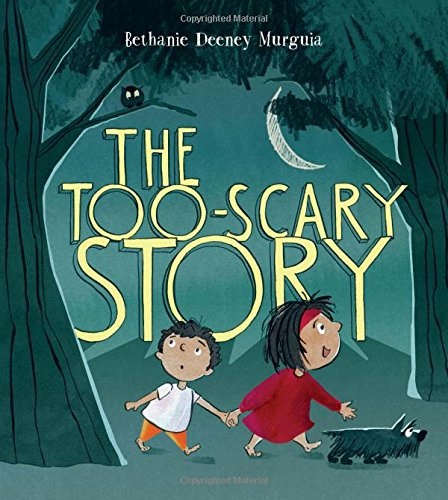 The Too-Scary Story by Bethanie Deeney Murguia (Arthur A. Levine/Scholastic, $16.99, hardcover, 40p., ages 3-5, 9780545732420, June 27, 2017)
The Too-Scary Story by Bethanie Deeney Murguia (Arthur A. Levine/Scholastic, $16.99, hardcover, 40p., ages 3-5, 9780545732420, June 27, 2017)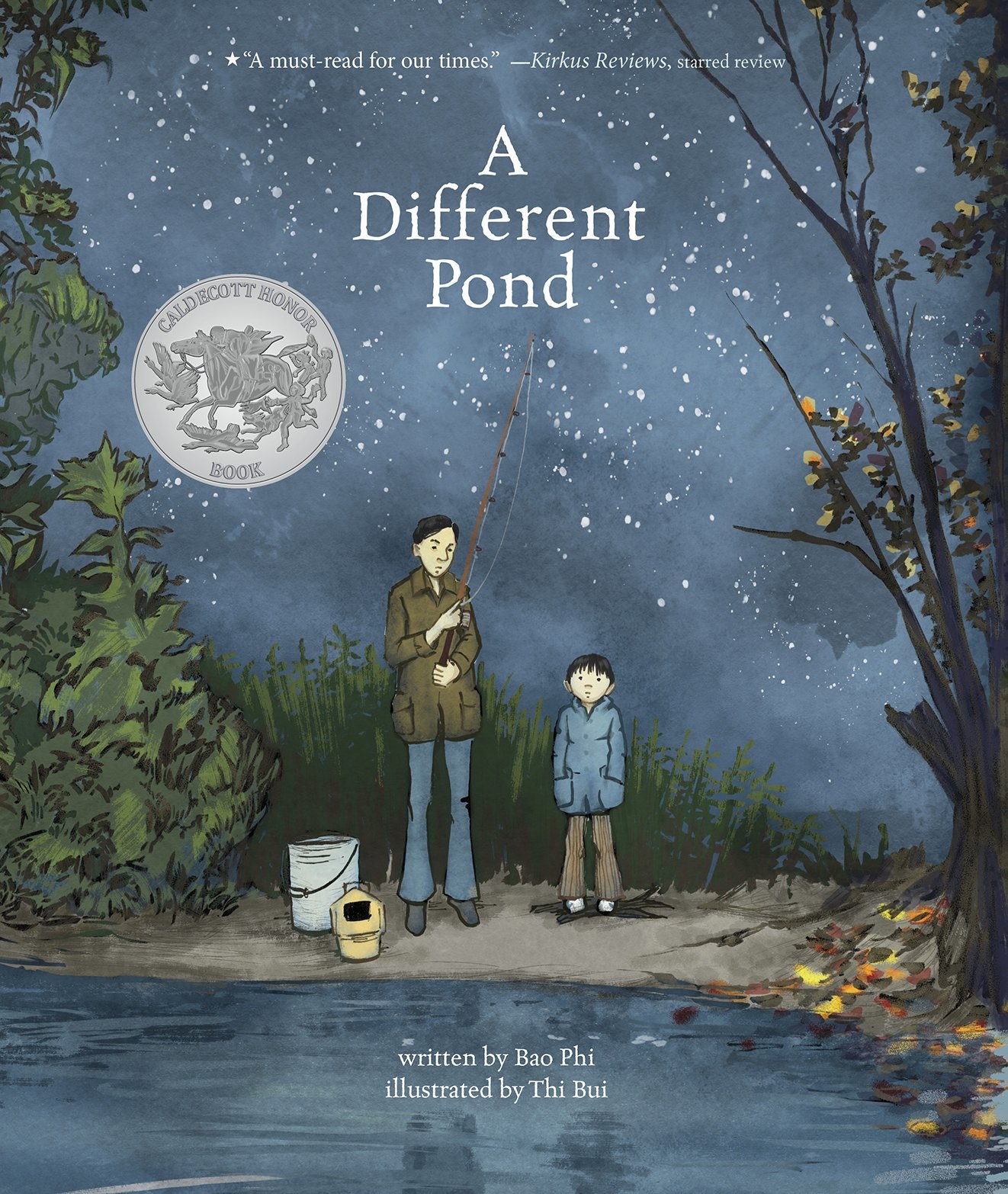 A Different Pond by Bao Phi, illus. by Thi Bui (Capstone Young Readers, $15.95, hardcover, ages 6-8, 9781623708030, Aug 1, 2017)
A Different Pond by Bao Phi, illus. by Thi Bui (Capstone Young Readers, $15.95, hardcover, ages 6-8, 9781623708030, Aug 1, 2017)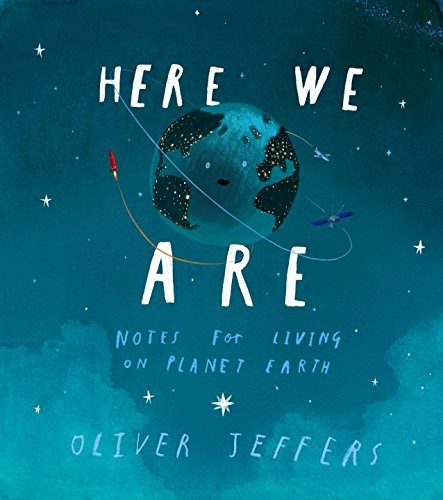 Here We Are: Notes for Living on Planet Earth by Oliver Jeffers (Philomel, $19.99, hardcover, 48p., ages 2-6, 9780399167898, November 14, 2017)
Here We Are: Notes for Living on Planet Earth by Oliver Jeffers (Philomel, $19.99, hardcover, 48p., ages 2-6, 9780399167898, November 14, 2017)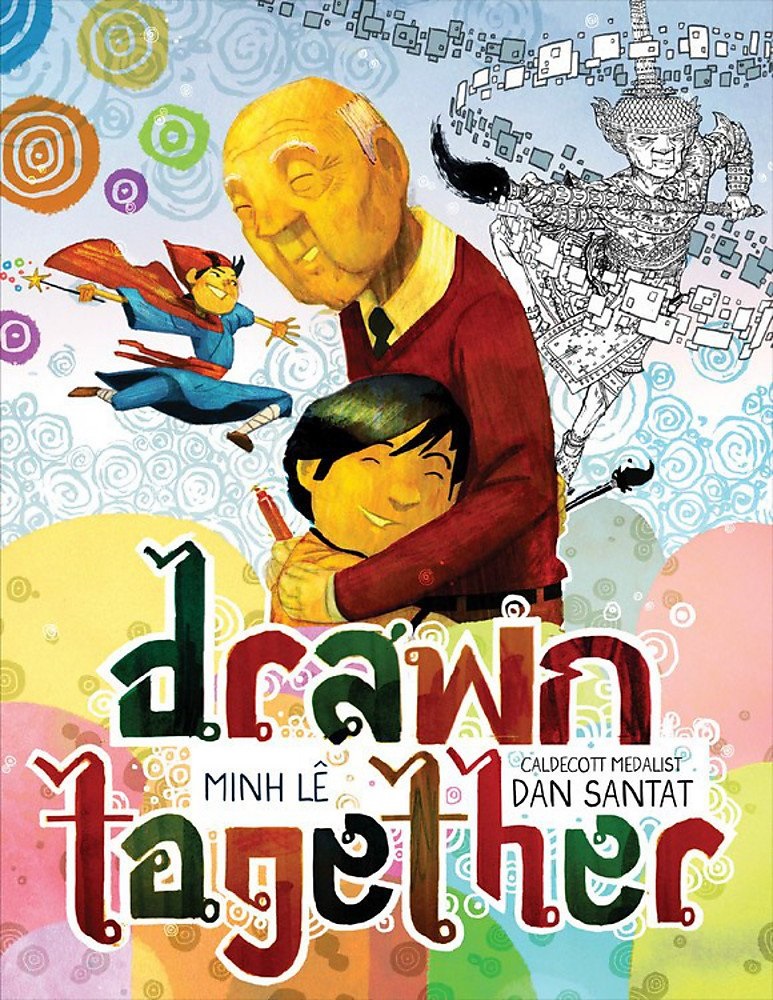 Drawn Together by Minh Lê, illus. by Dan Santat (Disney-Hyperion, $17.99 hardcover, 40p., ages 3-5, 9781484767603, June 5, 2018)
Drawn Together by Minh Lê, illus. by Dan Santat (Disney-Hyperion, $17.99 hardcover, 40p., ages 3-5, 9781484767603, June 5, 2018)





